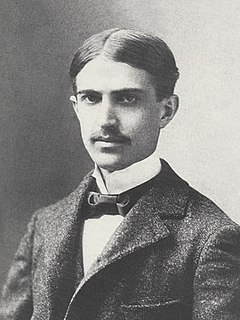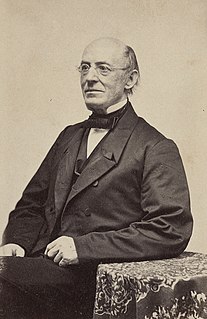A Quote by Stephen Crane
Tell her this And more,— That the king of the seas Weeps too, old, helpless man. The bustling fates Heap his hands with corpses Until he stands like a child With surplus of toys.
Related Quotes
The king lifted a hand to her cheek and kissed her. It was not a kiss between strangers, not even a kiss between a bride and groom. It was a kiss between a man and his wife, and when it was over, the king closed his eyes and rested his forehead in the hollow of the queen's shoulder, like a man seeking respite, like a man reaching home at the end of the day.
She reached out and touched the king’s face, cupping his cheek in her hand. “Just a nightmare,” he said, his voice still rough. The queen’s voice was cool. “How embarrassing,” she said, looking at his maimed arm. The king looked up then, and followed her gaze. If it was embarrassing to wake like a child screaming from a nightmare, how much more embarrassing to be the reason your husband woke screaming. A quick smile visited the king’s face. “Ouch,” he said, referring to more than the pain in his side. “Ouch,” he said again as the queen gathered him into her arms.
If she says goodbye perhaps adieu. Adieu - like those old time songs she sang. Always adieu (and all songs say it). If she too says it, or weeps, I'll take her in my arms, my lunatic. She's mad but mine, mine. What will I care for gods or devils or for Fate itself. If she smiles or weeps or both. For me.
Peter curled his hands into fists at his sides. 'Kiss me,' he said. She leaned towards him slowly, until her face was too close to be in focus. Her hair fell over Peter's shoulder like a curtain and her eyes closed. She smelled like autumn-like apple cider and slanting sun and the snap of the coming cold. He felt his heart scrambling, caught inside the confines of his own body. Josie's lips landed just on the edge of his, almost his cheek and not quite his mouth. 'I'm glad I wasn't stuck in here alone,' she said shyly, and he tasted the words, sweet as mint on her breath.
As we grow older we think more and more of old persons and of old things and places. As to old persons, it seems as if we never know how much they have to tell until we are old ourselves and they have been gone twenty or thirty years. Once in a while we come upon some survivor of his or her generation that we have overlooked, and feel as if we had recovered one of the lost books of Livy or fished up the golden candlestick from the ooze of the Tiber.
Does he think to scare me? Arya kissed him where his nose should be and plucked the grave worm from his eye to eat it, but it melted like a shadow in her hand. The yellow skull was melting too, and the kindliest old man that she had ever seen was smiling down on her. "No one has ever tried to eat my worm before," he said. "Are you hungry, child?" Yes, she thought, but not for food.
In a room sit three great men, a king, a priest, and a rich man with his gold. Between them stands a sellsword, a little man of common birth and no great mind. Each of the great ones bids him slay the other two. ‘Do it,’ says the king, ‘for I am your lawful ruler.’ ‘Do it,’ says the priest, ‘for I command you in the names of the gods.’ ‘Do it,’ says the rich man, ‘and all this gold shall be yours.’ So tell me—who lives and who dies?



































